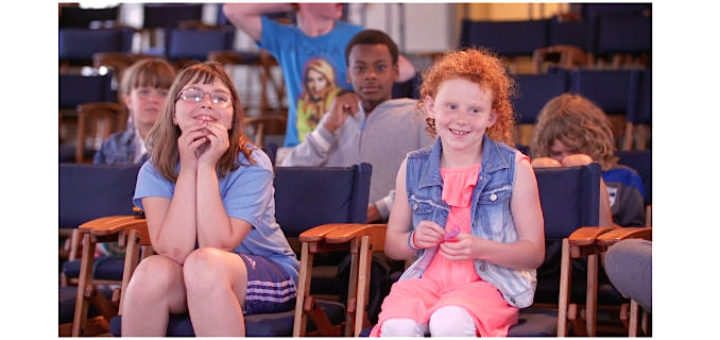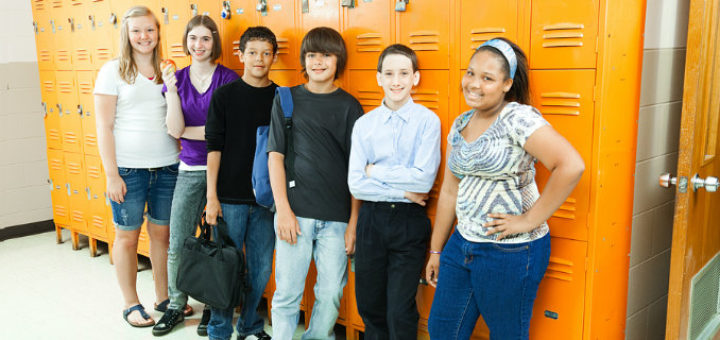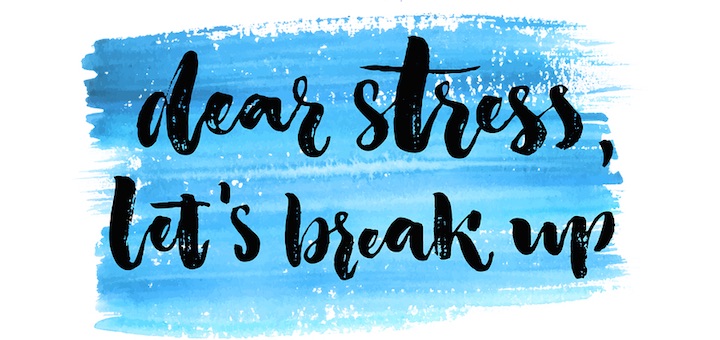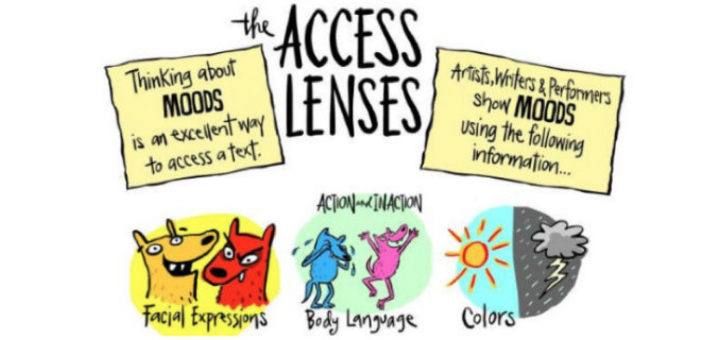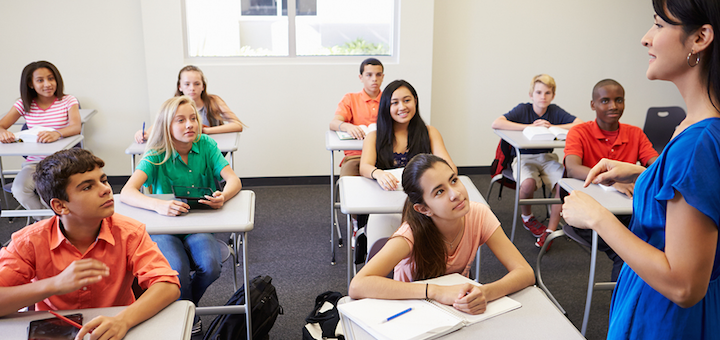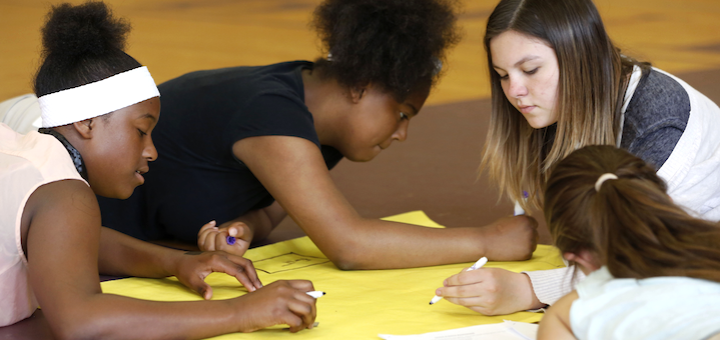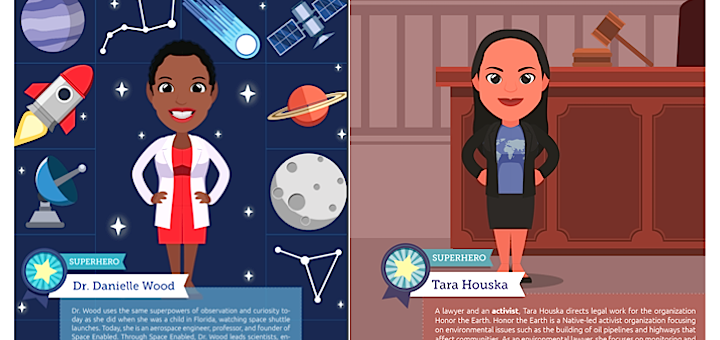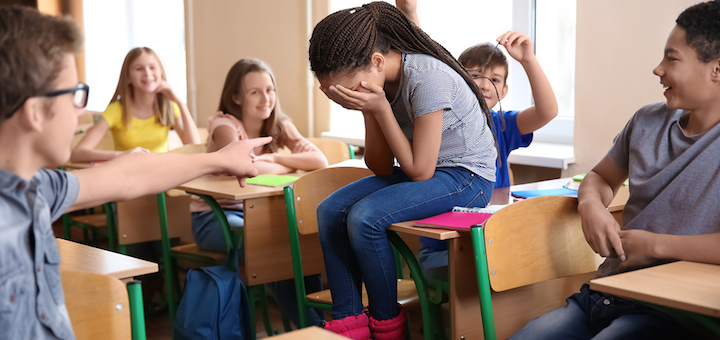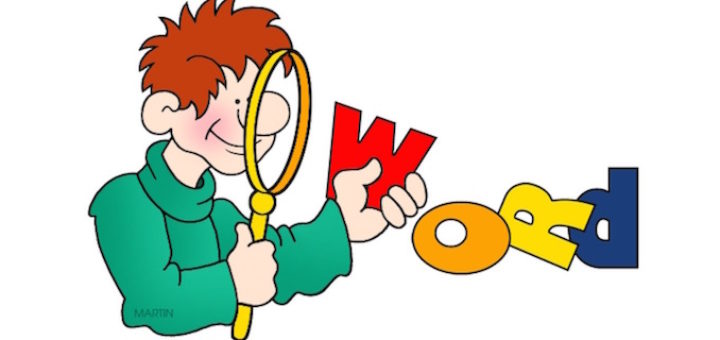How Laughter Can Lead to Better Learning
What if students could find a way to overcome their fear of speaking, learn storytelling, and become more confident public speakers? Teaching these skills to middle graders using stand up comedy can lay the groundwork for greater success, writes actor-educator Kevin Flynn.

